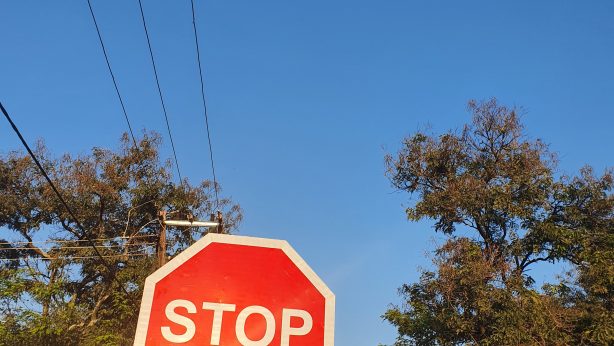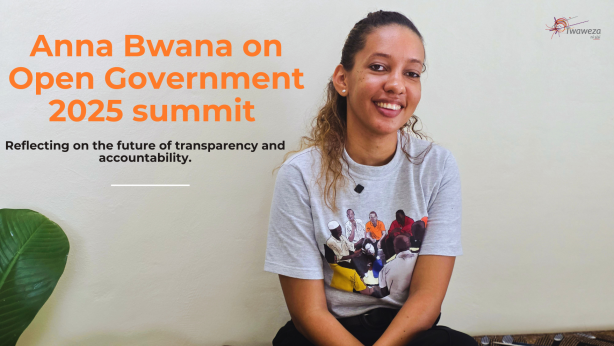What do we owe a future Tanzania?
The future has featured prominently in my intellectual journey through 2023. In January, I was invited to give the opening speech at a three-day meeting of high school students in Arusha. Their theme was “The Future is Now – a conversation focusing on sustainability and how to create a better future for the planet”. In December, I was appointed to the government’s technical team that will draft the Tanzania Development Vision 2050.
Between January and December, I read some very good forward-looking books about philosophy, technology, sociology, economics and the environment. Since their insights will certainly shape my contribution to the drafting of Tanzania’s Development Vision 2050, I want to be fully transparent by sharing what I have read and have found so exciting, challenging and sometimes, downright terrifying.
My talk in Arusha borrowed its title from a book called “What We Owe the Future” by William Macaskill, a young thirty-something Oxford philosopher. In his book, MacAskill goes beyond asking you to set goals for the next few years – he throws open the door to a million-year perspective, challenging everything you thought about your place in time.
Forget about the next election or even the next century. Instead, young MacAskill argues that the greatest impact you can make lies in influencing the long-term course of human history. He asks us to think about some enormous numbers. If we assume that the lifespan of a typical mammalian species on Earth is about one million years, homo sapiens could be around for another 700,000 years. That means that there are 80,000,000,000,000 (eighty trillion) people yet to be born if we maintain the current population of 8 billion on the planet.
MacAskill introduces “longtermism,” a philosophy that prioritizes decisions based on their potential effects across countless generations. Suddenly, climate change isn’t just about your children and grandchildren, it is about ensuring that human civilization has the resilience to overcome any foreseeable catastrophe. Pandemics aren’t isolated threats, but opportunities to create robust healthcare systems that benefit hundreds of millions who haven’t even been born.
He paints a vivid picture of potential futures so vastly different they’ll make your head spin. We could usher in an era of unimaginable prosperity, where advanced technology creates abundance and eradicates suffering. Or, through neglect or shortsightedness, we could stumble into terrifying nightmares dominated by rogue artificial intelligence or ecological and economic collapse.
Closer to home, this book triggered a few questions for me: How long is our perspective as a nation? Does it just span the twenty-five years to 2050? At the current rate of producing approximately two million new babies each year, we will have more than doubled our current population to reach over 150 million by then. Where will that many people live? How will we make we have enough food and jobs and schools and clinics to meet their needs? What kind of life might future Tanzanians look forward to? One of prosperity or of poverty? Or one of concentrated wealth clashing with widespread destitution? The more fundamental question for us who are alive today is “what do we owe to a future Tanzania?”
There are those who argue that thinking long term is a luxury that is only available to those who already live in some degree of comfort. It is, admittedly, hard to think about next year, let alone the next one hundred years, when you don’t know how you will feed your family next week.
But it doesn’t change the fact that thinking for the longer term matters: if we don’t think about the future we want, and do not, collectively, work hard towards that goal, there’s zero chance of things turning out the way we would like.
MacAskill’s “What We Owe the Future” is an invitation to vastly expand our moral compass. It asks us to consider not just our immediate family, community or national circle, but the entire human lineage, past, present, and the 80 trillion people who will live well into the distant future.
Even if you just want to think about Tanzania’s journey ahead, this book will leave you both inspired by the possibilities that lie ahead, and emboldened to play a role in shaping a future for the country that is not just tolerable, but delightful. At the start of 2024, you owe such inspiration to yourself. Happy New Year!
This article by Aidan Eyakuze, Executive Director of Twaweza East Africa, was originally published in the Daily Newspaper.


